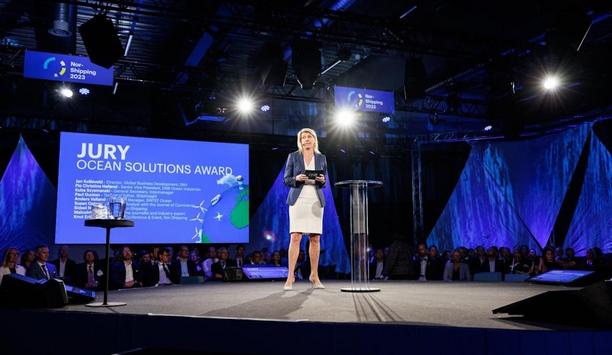ClassNK has released “FAQs on the FuelEU Maritime (1st Edition)”, an overview and necessary preparation for FuelEU Maritime, regulations newly introduced by the European Union (EU) to promote the decarbonisation of fuels used on board ships.
The EU has set a goal of reducing greenhouse gas (GHG) emissions by at least 55% by 2030, compared to the 1990 levels, to achieve net zero emissions by 2050.
Fit for 55
As part of a comprehensive climate policy package, "Fit for 55" for achieving this goal, FuelEU Maritime was adopted by the European Parliament and the Council of the European Union in July 2023.
It applies to all ships of above 5,000 gross tonnages of shipping companies and consists of provisions setting a limit of GHG intensity of energy used on board a ship arriving at, staying within, or departing from EU ports and requesting the use of on-shore power supply (OPS) or zero-emission technology in EU ports for containerships and passenger ships.
FAQs (1st Edition)
To assist shipping stakeholders in preparation for the FuelEU Maritime, ClassNK has developed the FAQs (1st Edition) providing an overview of the regulations and introduction of the necessary preparations in a Q&A format.
These FAQs will be updated promptly once further practical implementation details become available. In addition, ClassNK will contribute to smooth regulatory compliance for clients, such as implementing into its GHG emission management tool "ClassNK ZETA", a penalty calculation tool for cases of failure to comply with FuelEU Maritime provisions and features to support further comprehensive considerations to it.










